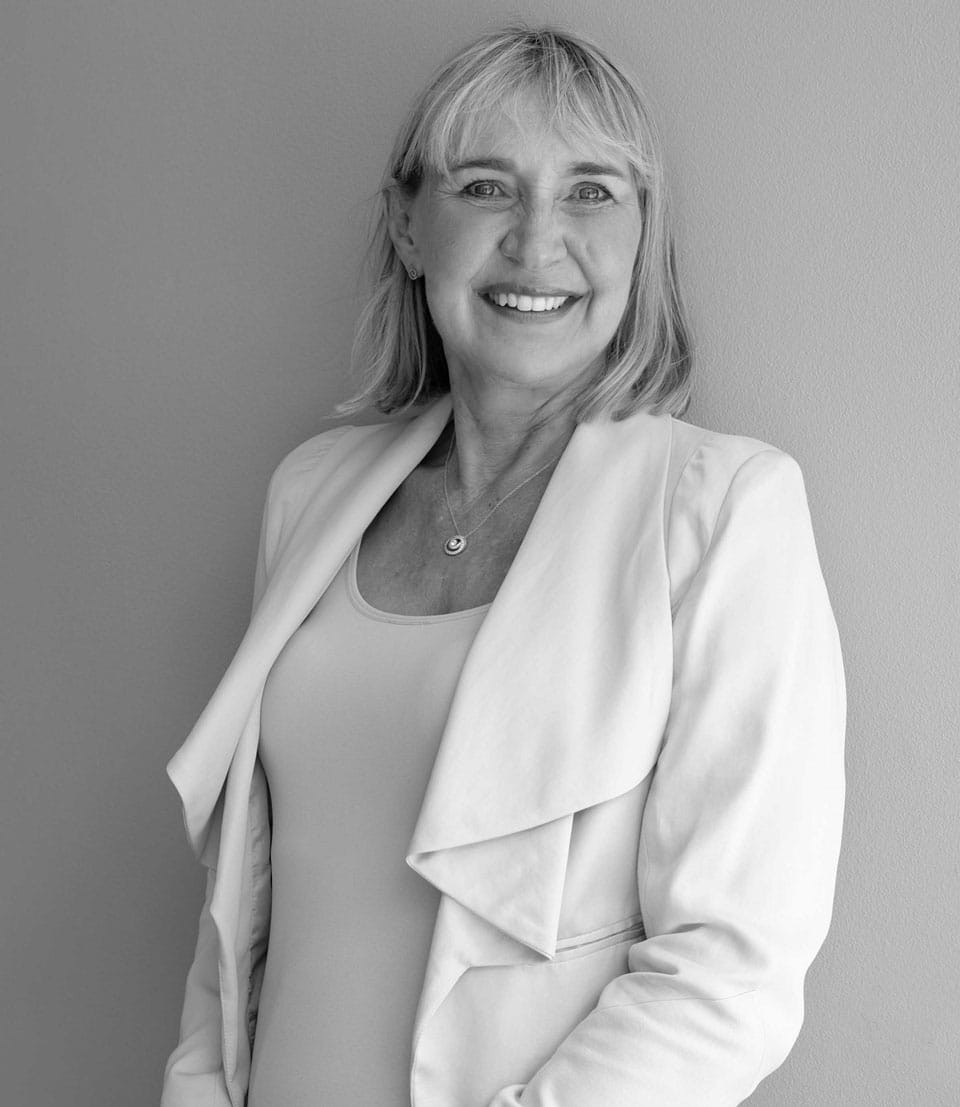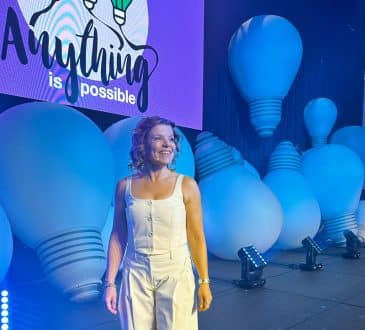Is conscious business conscious?

Chat GPT tells us that “conscious business practices, also known as socially responsible or sustainable business practices, are becoming increasingly widespread. Many companies are incorporating environmental, social, and ethical considerations into their business models and decision-making processes. This trend is driven by various factors, including growing consumer awareness, investor interest in sustainable investments, and the recognition of long-term benefits associated with responsible business practices.“
Authentic conscious business involves being conscious.
A business can appear to be “conscious” using the Chat GPT definition and in fact only be greenwashing. i.e., going through the superficial motions for show and self-benefit.
The field of developmental psychology tells us that the brain develops in stages. At each stage we can see and understand certain things and be incapable of seeing and understanding other things. For example, children in the “preoperational stage” of brain development (which typically occurs between the ages of 2 and 7 years) can only see things from their own perspective. If they are hiding behind the curtain and can’t see you, they are incapable (no matter high clever they are) of understanding that you cannot see them. This continues until they reach the next phase of consciousness.
As we mature so does our brain. By the time we are 12 or 13 most of us are at the egocentric (think teenage) level of brain development where we are self-occupied. Everything we do or say comes from a place of self-interest. While 95% of people grow past this stage, 5% don’t. Those stunted in the egocentric level of brain development are often referred to as Narcissists. This is no barrier to success. However, Narcissists often cause havoc around them. They are unconscious of what drives them and operate from unconscious fear. They manipulate every situation to their own advantage regardless of the consequences to others. Narcissists thrive in a time of change because when the consequences of their actions show up, they simply move on, leaving someone else to clean up the mess they have created.
The next stage of adult brain development is called socialized thinking. At this level, if we have an important sounding job title, a hefty bank balance and a good-looking spouse we determine that we are doing fine. People at socialized level of consciousness (around 58% of the adult population) would rather die than change. They do their best to control their environment to minimize change or even the appearance of change.
This used to be an okay place to hang out. “If it ain’t broke don’t fix it.” But under conditions of rapid change – such as we face today – socialized thinkers are at significant risk. At socialized, our identity comes from the world around us. We define ourselves in terms of what we have, what we consider normal. If that changes, if we lose our job, our spouse, or our fortune, we also lose our identity. In times of change those at socialized are at risk of losing familiarity and comfort with themselves and are in jeopardy of breakdown and suicide. In the past leaders were happy to maintain their people at socialized because socialized people were controllable. They would “go along to get along.” With rapid change socialized people are at risk of mental illness and emotional collapse. They quickly go into fear and shut down blocking progress and stopping innovation. As leaders, we need people to be more creative and resilient.
The next level of consciousness is variously called independent or self-authoring (around 35% of the adult population). At this level, the individual’s sense of self is more robust. They can make their own decisions and think outside the box. These people have also been called Cultural Creatives. They are change-worthy, innovative and robust. This is exactly what is needed in times of change.
There are other levels of consciousness – the most relevant being those at the level of self-transformation (1% of adults). These people love growing and learning. They know and accept themselves and are change leaders. Ken Wilber calls people at this level Integral thinkers.
The challenge for leaders today is how to support their socialized thinkers to grow in consciousness so they have the personal resources to deal with change, think more creatively and flow with disruption as it occurs.
What changes as we go up the levels of adult bran development – (i.e., become more conscious)?
- Conscious thinkers see reality more clearly
Like the child at pre-operational mind – each level of brain development has its own blind spots.
Those at egocentric mind can only see things from their own self-interested perspective.
Those at socialized can only think inside the box which currently defines them.
Those at independent mind are more capable of seeing reality as it is and have sufficient emotional stability to work with reality as it changes. They seek creative solutions to presenting problems.
Those at self-transformational level of consciousness thrive in change, they are off inventing the next big thing in a way that benefits all concerned. - Those with higher levels of consciousness work more successfully with all stakeholders
As our consciousness grows so does our understanding of others and their needs. We better comprehend paradoxes and work more comfortably with uncertainty. We are open to learning skills in non-violent communication which opens hearts, minds, and wills so everyone involved can get on with creating a better future for all. As strategy is as much about people as it is about technical knowledge or information, those who are conscious and can work skillfully with others are an increasing asset to any team. - The higher our level of consciousness the better we self-manage
As our consciousness grows so does our self-knowledge, self-acceptance, and capacity to manage our behaviour and our relationships. Our blind spots and blockages no longer stop us from working for our own best interests. We learn to enjoy being part of a team, our relationships become more functional, and we take more personal responsibility. - Conscious thinkers are more holistic and strategic
Once we can see reality as it is, embrace paradox, sit comfortably with uncertainty, and work skillfully with others (especially those who see the world very differently to us) our capacity for strategic vision and action is enhanced.
It’s a process.
Going up the levels of adult brain development (consciousness) is a process – one that usually requires wise counsel and mentoring. It also requires challenging life and work problems that we are committed to overcoming. It is in our struggle with reality (once we can see it) that we as human beings grow into the fullness of our potential and humanity.
In my experience, once people’s consciousness rises, they want to build “environmental, social, and ethical considerations into their business models and decision-making processes” because it is the only sensible thing to do.
One of the great joys of my career was when, at a strategic planning session that I was leading, for a global mining conglomerate, the Chairman stood and announced – “Our key strategic goal is that nobody and nothing will be harmed by the way we do business”. They then went on to create billions of dollars of shareholder value while setting records for environmental and social care.
Conscious business is good business for all stakeholders and the world in general.
Written by Margot Cairnes.
Have you read?
Greatest military strategists and leaders in history who have excelled in wartime.
Top countries that admire their CEOs and other C-suite leadership teams the most.
Top Women CEOs of America’s largest public companies (2023 List).
CEOs Of The Top Footwear Companies You Should Know.
Top CEOs of the World’s Largest Media Companies In 2023.
Best International High Schools In The World, 2023.
Add CEOWORLD magazine to your Google News feed.
Follow CEOWORLD magazine headlines on: Google News, LinkedIn, Twitter, and Facebook.
This report/news/ranking/statistics has been prepared only for general guidance on matters of interest and does not constitute professional advice. You should not act upon the information contained in this publication without obtaining specific professional advice. No representation or warranty (express or implied) is given as to the accuracy or completeness of the information contained in this publication, and, to the extent permitted by law, CEOWORLD magazine does not accept or assume any liability, responsibility or duty of care for any consequences of you or anyone else acting, or refraining to act, in reliance on the information contained in this publication or for any decision based on it.
Copyright 2024 The CEOWORLD magazine. All rights reserved. This material (and any extract from it) must not be copied, redistributed or placed on any website, without CEOWORLD magazine' prior written consent. For media queries, please contact: info@ceoworld.biz
SUBSCRIBE NEWSLETTER








